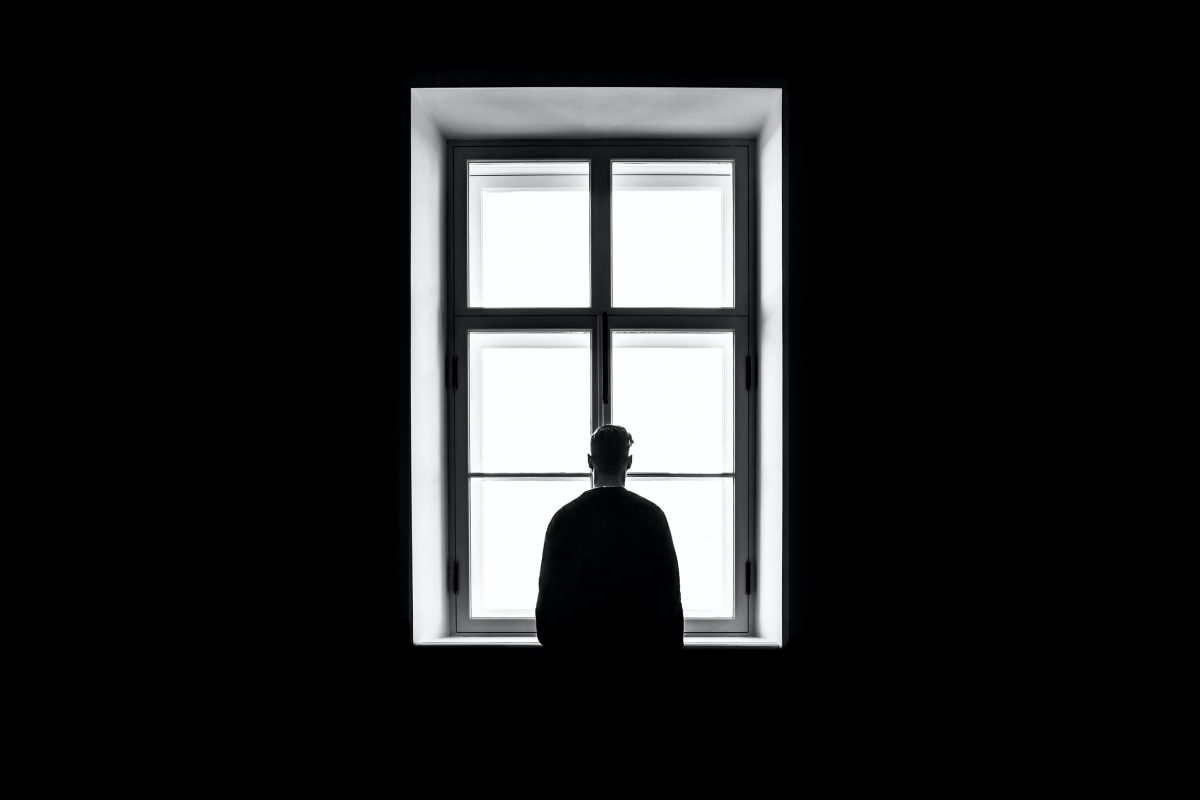


It’s easy to think that the story of the last several decades, at least as it comes to Christianity and society, is the story of moral shifting. In other words, things that were once considered wrong are now considered right, and things that were once considered right are now considered wrong. That certainly explains an awful lot, and certainly there have been moral shifts in Western society.
However, that’s not enough to explain everything. More accurately, maybe we should say that the moral shifts that we see, which are obvious and which have indeed happened, are the fruit of the issue, not the root. They are the effect, not the cause.
The deepest and more fundamental shifts that have taken place in Western culture over the last several decades have not been in our definition of what’s right and what’s wrong. They’ve been in our definition of reality itself, specifically our understanding of what it means to be human. Starting with that framework, we can answer some questions that, for many of us, seemed to be nearly unanswerable. What’s wrong? It’s been in our definition of reality itself, specifically our understanding of what it means to be human.
Maybe today you find yourself in the same cultural boat as Carl Trueman: a little dizzy, like so many of us, about how quickly things went from unthinkable to unquestionable. It is one thing for someone to say something like, “I am a woman trapped in a man’s body.” Certainly, throughout history, there have been people that have thought that sort of thing, and maybe even said that sort of thing out loud. The difference, as Trueman puts it, between those times and today is that this statement has now come to be regarded as coherent and meaningful.
There is an essential question for Christians to answer. If we are to frame our worldview without being pulled here-and-there by the various deceptions of our culture while also having a strong enough cultural witness that is big enough for the questions of the challenges of this time in human history, then answering this question must involve a deep dive into the issue of the image of God. In other words, we must articulate the Christian view of what it means to be human. That is why we are going to be spending an entire conference in May on that question at the Wilberforce Weekend in Fort Worth.
If we want to understand the degree to which our culture is lost, if we wish to see how far our society has strayed from the truth, and if we wish to understand where they are and go to them with the answers to the questions that they have, then we need to understand this shift. Where did it come from? How did we change our minds? Not just about what is right and wrong and not only even questions about whether there is a God or not. How did we change our minds on what it means to be human?
That is what this remarkable book by Carl Trueman offers: The Rise and Triumph of the Modern Self. Consider the subtitle: “Cultural Amnesia, Expressive Individualism and the Road to Sexual Revolution.” The sexual revolution has gone so far – further than even its original progenitors could have ever imagined – and at the root of that is an idea that Trueman rightly defines and identifies as expressive individualism.
In other words, when who we are as human persons is completely disconnected from any design and from any creator, then the only thing there is left to us is whatever I express about myself. With this framework, when anything – whether it’s religious, moral, or social norms or even laws and public policies – gets in the way of me being whatever it is that I say or that I want to be, it is here that the greatest oppression, the greatest discrimination comes.
The Rise and Triumph of the Modern Self is a must-read book. Rod Dreher calls this without question one of the most important religious books of the decade, saying, “Carl Trueman explains modernity to the Church with depth, clarity, and force. The significance of The Rise and Triumph of the Modern Self is hard to overestimate.”
I think this book is absolutely essential reading for any Christian who wants to make sense of this cultural moment and do it in such a way that they know better how to take their faith into the public square.
As we have said so many times over the last couple weeks, our understanding of the image of God is central to a Christian worldview, and it is crucial for our cultural witness. More than that, it is the pivotal place where our faith collides with Western culture because of expressive individualism.
The Rise and Triumph of the Modern Self is the featured resource for the Colson Center this month. For a gift of any amount to the Colson Center, I will send you a copy of this book, and, trust me, you will not be sorry to get the depth of understanding that the book offers.
Topics
Books
Christian Living
Christian Worldview
Culture/Institutions
Religion & Society
The Church
Worldview
Resources:
Get your copy of The Rise and Triumph of the Modern Self here!
Colson Center | April 2021
Wilberforce Weekend 2021: The Image Restored
Colson Center | 2021
Have a Follow-up Question?
Up
Next

Related Content

© Copyright 2020, All Rights Reserved.













